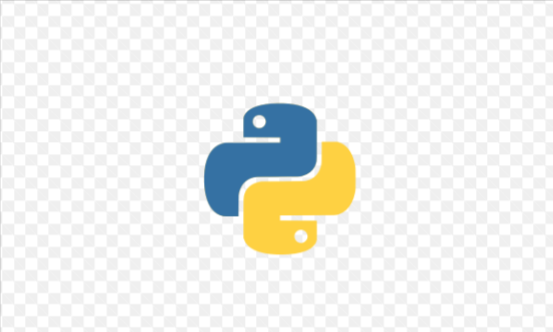
Module 1: Introduction to Python
- What is Python and its history
- Installing Python and setting up the development environment
- Writing and running your first Python program
Module 2: Python Basics
- Variables, data types, and type conversion
- Input and output operations
- Basic operators and expressions
Module 3: Control Flow
- Conditional statements (if, else, elif)
- Loops (for and while)
- Break and continue statements
Module 4: Data Structures
- Lists, tuples, and dictionaries
- Sets and their operations
- Working with sequences and iterables
Module 5: Functions
- Defining and calling functions
- Function parameters and return values
- Scope and lifetime of variables
Module 6: File Handling
- Reading and writing files
- Working with different file formats (text, CSV, JSON)
Module 7: Exception Handling
- Understanding exceptions and errors
- Using try, except, and finally blocks
- Custom exceptions
Module 8: Object-Oriented Programming (OOP)
- Introduction to OOP concepts
- Classes and objects
- Inheritance and polymorphism
Module 9: Modules and Packages
- Creating and importing modules
- Exploring the Python Standard Library
- Using third-party packages with pip
Module 10: Working with Libraries
- Introduction to popular libraries (NumPy, pandas, Matplotlib)
- Data manipulation and visualization
Module 11: Advanced Topics (Optional)
- Decorators and function annotations
- Generators and iterators
- Regular expressions
Module 12: Web Development with Flask (Optional)
- Setting up a basic Flask web application
- Routing, templates, and forms
Module 13: Introduction to Data Science (Optional)
- Basics of data analysis and manipulation
- Exploratory data analysis
Module 14: Final Project
- Apply what you’ve learned to build a small project (e.g., a simple game, a data analysis tool, a web app)
Click here to learn free python course online. If want to know about Average Salary of Python Developer then click here.

Oh great
I love your post. Easily explained about outline of python.
Thanks Again.